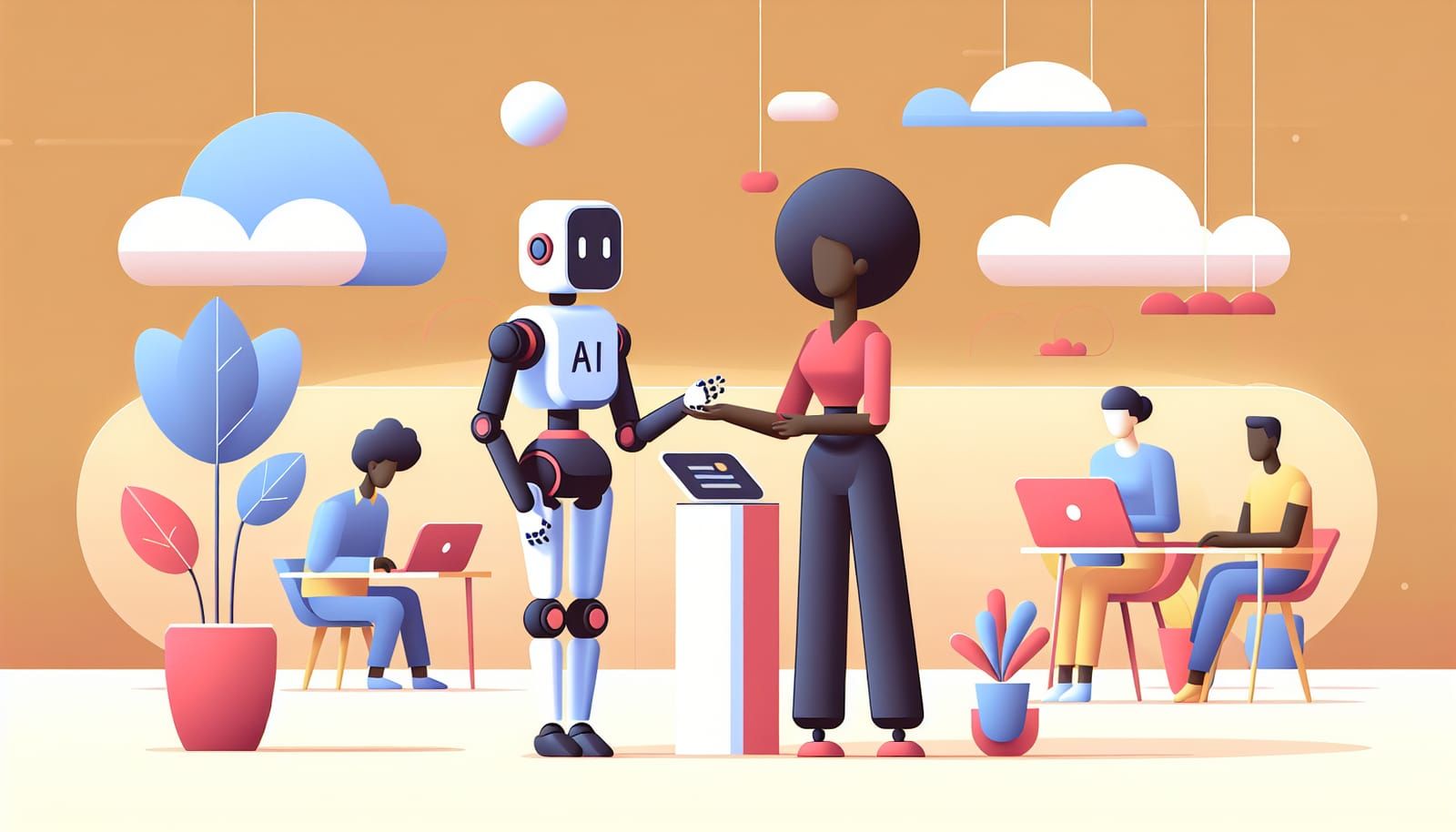In today's fast-paced world, artificial intelligence (AI) is no longer just a futuristic concept; it's a part of our everyday lives. From virtual assistants like Siri and Alexa to smart home devices and recommendation systems on shopping websites, AI is transforming how we live and work. As the job market evolves, many people wonder whether mentioning AI skills or knowledge on their resume is beneficial. In this article, we will explore the ins and outs of incorporating AI into your resume and why it matters.
Understanding AI and Its Relevance in the Job Market
AI refers to the ability of machines to perform tasks that typically require human intelligence. These tasks can include problem-solving, learning, understanding natural language, and recognizing patterns. With the rise of AI technology, many industries are adopting AI to improve efficiency, reduce costs, and enhance customer experiences.
But what does all of this mean for you as a job seeker? Employers are increasingly looking for candidates who are not only familiar with AI but can also leverage it to solve problems and drive innovation. Whether you're in tech, marketing, finance, healthcare, or any other field, understanding AI can give you a competitive edge.
When to Mention AI on Your Resume
So, when should you include AI on your resume? The answer depends on your experience and the job you're applying for. Here are some scenarios where mentioning AI might be beneficial:
You Have Formal Experience with AI Tools: If you've worked with AI software or tools in a previous job, it's essential to highlight this experience. For instance, if you used machine learning algorithms to analyze customer data in a marketing role, make sure to mention it.
You Have Relevant Coursework or Certifications: If you've taken courses on AI, data science, or machine learning, include these on your resume. Online platforms like Coursera, Udacity, and edX offer certifications that can boost your qualifications.
You Understand AI Concepts: Even if you haven’t directly worked with AI tools, having a fundamental understanding of AI concepts can be valuable. This could include knowing how AI impacts your industry or being able to discuss ethical considerations around AI.
The Job Description Mentions AI: If the job you’re applying for specifically mentions AI as a requirement or a preferred skill, you should definitely include any relevant experience or knowledge on your resume.
How to Effectively Showcase Your AI Skills
Once you decide to mention AI on your resume, the next step is to effectively showcase your skills and experience. Here are some tips on how to do that:
Use Action Verbs: When describing your experience, use strong action verbs. Instead of saying "worked with AI tools," say "leveraged AI tools to optimize marketing strategies."
Quantify Your Achievements: Whenever possible, quantify your accomplishments. For example, "Implemented AI-driven analysis that improved customer engagement by 30%."
Tailor Your Resume: Customize your resume for each job application. Highlight the AI skills and experiences that are most relevant to the position you’re applying for.
Include a Skills Section: Create a dedicated skills section on your resume where you can list specific AI technologies or tools you are familiar with, such as TensorFlow, Python, or natural language processing.
The Future of AI in Various Industries
AI is not just a buzzword; it's transforming industries. Understanding its impact can help you position yourself strategically in the job market. Here are a few examples of how AI is being used:
Healthcare: AI is revolutionizing diagnostics, helping doctors analyze medical images and predict patient outcomes more accurately.
Finance: AI algorithms are used to detect fraudulent transactions and assess credit risks, making financial services safer and more efficient.
Education: AI can personalize learning experiences for students, adapting to their individual needs and helping them learn at their own pace.
Retail: AI powers recommendation engines that suggest products based on customer preferences, enhancing the shopping experience.
As industries continue to adopt AI, the demand for skilled professionals who can understand and utilize this technology will only grow.
Overcoming AI Misconceptions
Despite the benefits, there are misconceptions about AI that might hold you back from embracing it in your career. One common myth is that AI will replace human jobs. While AI can automate certain tasks, it also creates new opportunities and roles. Understanding AI can actually make you more valuable in the job market, as it allows you to work alongside AI tools and leverage them for better results.
Another misconception is that you need to be a tech expert to work with AI. While technical skills can be beneficial, many roles require a basic understanding of AI concepts rather than deep technical knowledge. Soft skills like problem-solving, creativity, and communication are equally important.
Conclusion: Embrace AI for a Bright Future
In conclusion, mentioning AI on your resume can significantly enhance your job prospects and showcase your adaptability in a rapidly changing job market. Whether you have hands-on experience with AI tools, relevant coursework, or just a general understanding of AI, there are multiple ways to present your skills effectively.
As AI continues to evolve, staying informed and embracing its capabilities will be key to your success. By being proactive in learning about AI and finding ways to apply it within your field, you not only improve your resume but also position yourself as a forward-thinking candidate ready for the challenges of the future.
Now is the time to explore the world of AI, whether through online courses, workshops, or self-directed learning. The skills you gain today will prepare you for a bright and promising career tomorrow. Remember, the future of work is here, and AI is a significant part of it. So, go ahead and mention AI on your resume—you might just open the door to exciting new opportunities!


